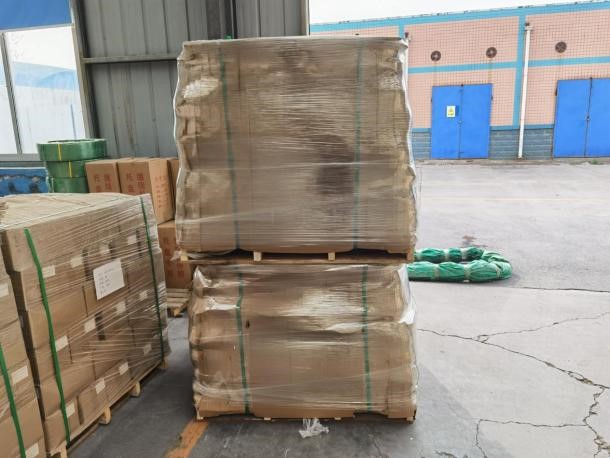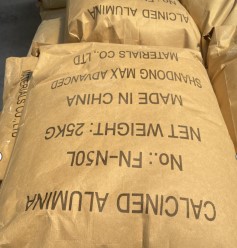Name of Index
|
Specification |
Packing Method |
Appearance
|
White Powder |
25kg, 50kg small packages;
1t ton packages;
Fumigation pallet packaging;
customized packaging.
|
(Al2O3) Alumina
|
≥99.5%
| |
(Na2O) Sodium oxide
|
≤0.3%
| |
(SiO2) Silicon oxide
|
≤0.1%
| |
Specific surface area
|
0.5-3.0m2/g | |
D50 Grain size
|
0.1-150μm
|
Specifications and models | Particle size range | Chemical composition | α-Al2O3 | Specific gravity (g/cm³) | Specific area (m²/g) | Moh’s hardness | Melting point (°C) |
Calcined Alumina | 0–80μm | 99.5% Al₂O₃ | ≥99.5% | 3.95–4.0 | 3–5 | 9 | 2050 |
Fine Particle Size Calcined Alumina | 0–10μm | 99.7% Al₂O₃ | ≥99.7% | 3.95–4.0 | 10–15 | 9 | 2050 |
Ultrafine Calcined Alumina | 0–1μm | 99.9% Al₂O₃ | ≥99.9% | 3.95–4.0 | 20–30 | 9 | 2050 |
Calcined alumina is a material with excellent high-temperature performance, widely used in industries such as metallurgy, chemical engineering, and electronics.
It has an extremely high melting point and good chemical stability, allowing it to maintain its structure and performance in extreme environments.
Common high-temperature alumina products include furnace linings, refractory bricks, and ceramic materials.
Its outstanding thermal shock stability, strength, and corrosion resistance make it an indispensable key material in high-temperature applications.
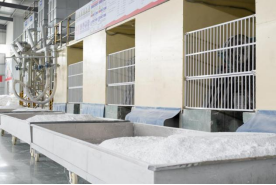
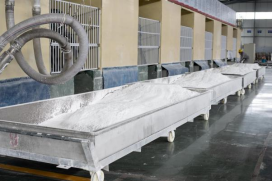
Refractory Materials:
• Furnace Linings: Used for high-temperature industrial equipment suchas steel and aluminum smelting furnaces.
• Castables: Used for high-temperature and corrosion-resistant materials in smelting and furnace bodies.
• Unshaped Refractories: Such as castables, spraying materials, rammingmixes, etc.
• Smelting Furnace Linings: Used for lining metallurgical equipment like steel and aluminum smelting furnaces.
• Casting Sand: Used in the casting industry, especially in precision casting.
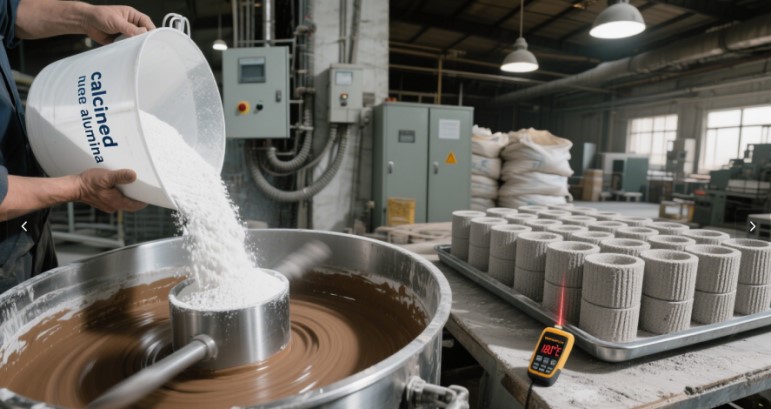
• Refractory Bricks and Lining Materials: Used for protection in metallurgical furnaces like hot blast stoves and reaction furnaces.
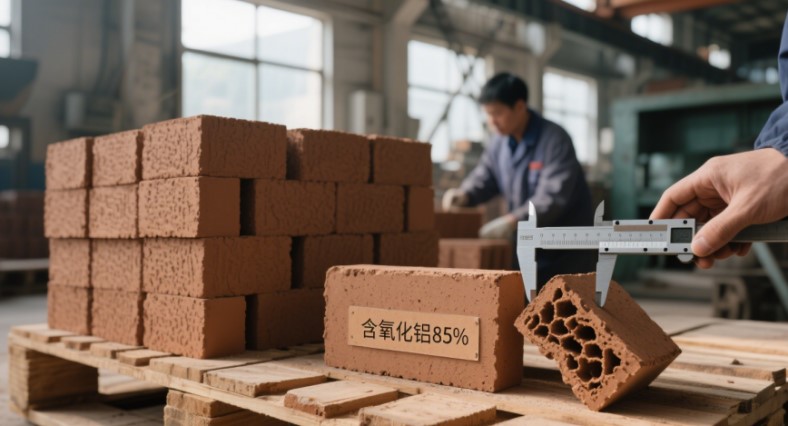
• High-Temperature Electrical Equipment: High-temperature insulators, electric heating elements, high-temperature conductors.

Advantages:
• High-Temperature Resistance: Withstands temperatures up to over 2000°C, making it suitable for high-temperature processing or environments.
• Insulation Properties: Maintains excellent electrical insulation performance at high temperatures, ideal for the electrical industry.
• Strength and Toughness: Exhibits high mechanical strength, making it suitable for high-strength and high-wear environments.
Performance:
• High Purity: Typically, α-Al₂O₃ content is greater than 99.5%, offering excellent refractoriness and mechanical strength.
• High-Temperature Resistance: Maintains good structure and performance even at temperatures above 1800°C, suitable for extreme environments.
• Chemical Stability: Resistant to acid and alkali corrosion, with strong oxidation resistance.
• High Hardness: Mohs hardness of 9, making it almost impossible to scratch with other materials.
